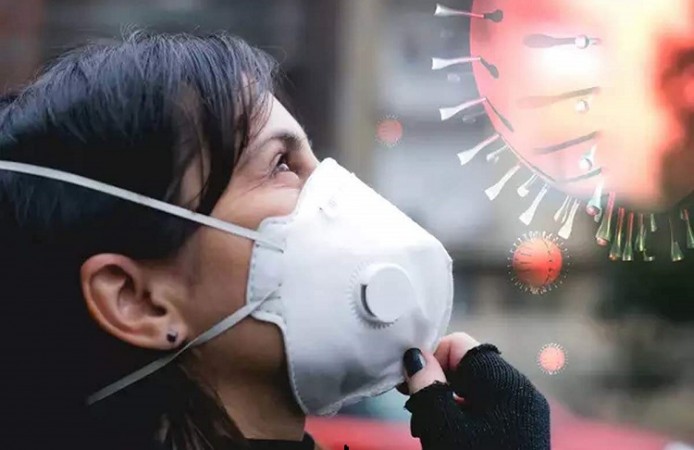
A Pune-based start-up has integrated 3D printing and pharmaceuticals to develop a mask that inactivates viral particles that come in contact with it, the Department of Science and Technology has said.
Developed by Thincr Technologies India Private Limited, these masks are coated with anti-viral agents known otherwise as virucides. The coating has been tested and shown to inactivate the SARS-CoV-2, the DST said, adding the material used in it is a Sodium Olefin Sulfonate-based mixture, a soap-forming agent. In contact with enveloped viruses, it disrupts the outer membrane of the virus. The ingredients used are stable at room temperature and are widely used in cosmetics.
The DST said that as part of the fight against Covid-19, the virucidal mask initiative was among the earliest projects to have been selected for commercialisation by the Technology Development Board (TDB), a statutory body under the Department of Science and Technology.
Thincr Technologies India works in development of Fused Deposition Modeling (FDM) 3D-printers to discover new pharmaceutical formulations and drug-loaded filaments of different types. "We sensed that use of face masks will become nearly universal as the most important tool to prevent infection. But we realised that most masks that were then available and within the reach of common people were homemade and of relatively low quality. "It is this need for high-quality masks which led us to undertake a project to develop and commercialise cost-effective and more efficient virucidal coated masks, as a better approach to reduce the spread of infection," said Shitalkumar Zambad, the Founder-Director of Thincr Technologies India.
Government AEFI panel confirms first death due to Corona vaccination
Corona changes form again, new Delta Plus variant raises concerns, experts say
Medical Education Minister Vishwas Sarang informs about preparations for third wave of corona